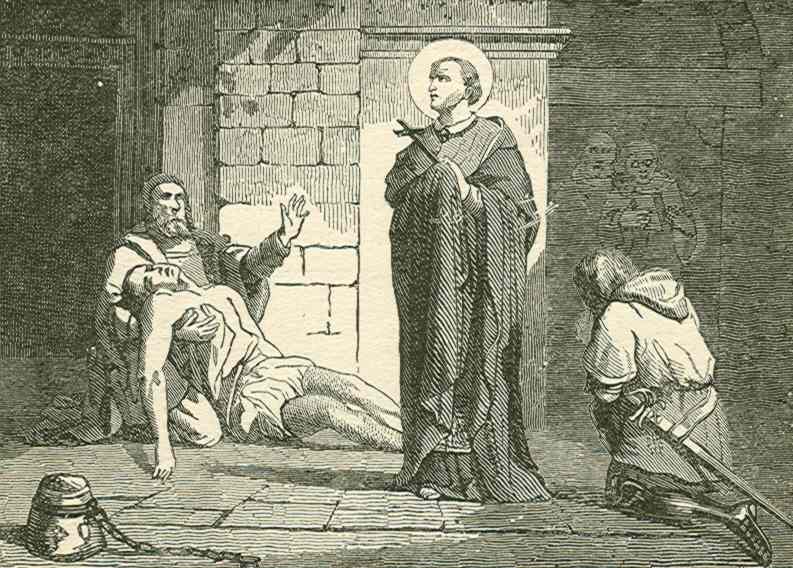
"Christ summons the Church, as she goes her pilgrim way, to that continual reformation of which she always has need, insofar as she is an institution of men here on earth. Consequently, if, in various times and circumstances, there have been deficiencies in moral conduct or in Church discipline, or even in the way that Church teaching has been formulated—to be carefully distinguished from the deposit of faith itself—these should be set right at the opportune moment and in the proper way." (St. Charles Borromeo, Decree on Ecumenism, 6, Austin Flannery translation)Today is both the feast day and 400th anniversary of the canonization of St. Charles Borromeo. Appointed Bishop of Milan at the tender age of 25, St. Charles lived during the throes of the Protestant schism and is regarded today as being one of the chief Reformers of the Catholic Church. He played a crucial role in the success of the Council of Trent, which crystallized, formalized, and preserved the apostolic Faith while also making necessary sweeping reforms. At its conclusion, he oversaw the revision and compilation of the new Catechism, Missal, and Breviary.
St. Charles restored ecclesiastical discipline and extensively instructed in the areas of preaching, education of the young, and repression of avaricious priests. He revived strict religious observance in monasteries and convents, as well as founded seminaries for the instruction of the clergy. Above all, he insisted on living the example of reform personally: he allotted most of his income to charity, shunned luxuries, and imposed severe penances on himself. During plagues and famines he visited and fed thousands of people daily, tended to and arranged their medical needs, and depleted his resources in order to clothe, shelter, and bury them.
Profound piety marked St. Charles' life. He had great devotion to the Blessed Virgin and to the meditation on Christ's Passion. He frequently spent 5+ hours on his knees in fervent prayer, at times entire days or nights. Every morning before saying Mass he went to Confession.
Pope Benedict XVI said in a written message today:
"[St. Charles] was aware that serious and credible reform had to begin with pastors". [He focused on] the centrality of the Eucharist, ... the spirituality of the cross, ... assiduous participation in the Sacraments, ... the Word of God, ... and love and devotion for the Supreme Pontiff, readily and filially obedient to his directives as a guarantee of true and complete ecclesial communion".After surviving an assassination attempt and suffering many hardships in his efforts to reform, defend, and minister to the Church, St. Charles Borromeo died at the age of 46. His parting words were, "Ecce venio," or, "Behold, I come."
For a more in-depth treatment of this great saint, please visit his page @ EWTN.

No comments:
Post a Comment